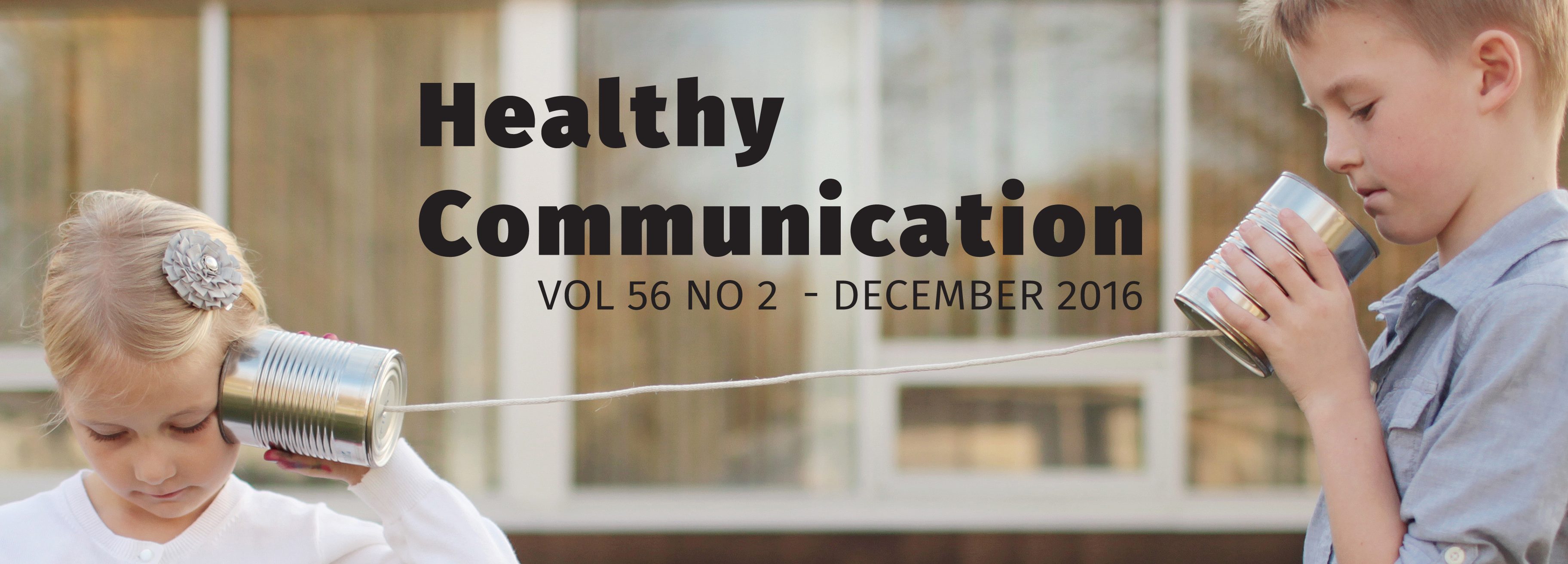Among the teachers I remember gratefully is my history professor, Dr. Poland. No doubt I owe to him much of what I know about the French Revolution, but what remains with me as his most valuable teaching is his way of speaking. He gave every sentence full weight. He spoke with deliberation, a little more slowly than other professors who tried a bit too hard to crowd copious lecture material into the hour at hand. He rarely used intensifiers or unnecessary modifiers. He would often pause slightly at the end of a sentence—just an extra beat, but long enough for the sentence to register before moving on. Listening to him made me aware of the value and the craft of a good sentence—that each sentence is something completed, a gift to be received, an invitation to reflect for a moment before going on. His clarity seemed a measure of integrity; his concern seemed not so much to persuade as to show and tell in a way that provided the listener with as much usable information and perspective as possible. I found his style especially refreshing when contrasted with a few peers who I remember as chronically “excited,” eager to impose their enthusiasms, which were less substantive than emotive.
Lest I make Dr. Poland sound plodding, let me add that he had a delightful sense of humor and was an attentive listener. Indeed, his speaking style seemed closely related to careful listening. He considered words, caring for and about them. He selected them in a way that seemed effortlessly deft—the mark of someone for whom language was a pleasure and a matter of moral responsibility. When I wrote Caring for Words in a Culture of Lies, Dr. Poland came regularly to mind.
As did my grandmother—an English teacher to whose many good-humored readings of Winnie-the-Pooh I attribute an enduring appreciation for British humor and kindly conversation. She taught me the twenty-third Psalm and gently corrected my pronunciation. What she modeled when she spoke was a gift to me; I continue to pray my speaking might be a similar gift to students and colleagues. She spoke so I could hear. She taught me to hear. And hearing—taking in, absorbing, integrating—is not simple. It keeps happening: dimensions of meaning dawn on us as certain words linger and resonate, stretching the imagination and remapping the mind.
Teachers are stewards of students’ minds, hearts, energies, hopes, and potential. We’re stewards of the words we hope will equip them for the conversations they will engage in over the course of their adult lives. When we speak, we share with them the fruits of our own lives of reading, writing, and speaking. However well or poorly we attend to them, our words matter. Most of us have heard them quoted back to us. Most of us, I imagine, have been surprised by former students who remembered something we said that we had long forgotten. We don’t always know what they hear when we speak, but what follows is a short inventory of what they are likely to be hearing.
Marilyn McEntyre is a Fellow at the Gaede Institute, Westmont College and teaches medical humanities at UC Berkeley. Her recent books include What’s in a Phrase? – Pausing where Scripture Gives You Pause and Word by Word: A Daily Spiritual Practice. (marilynmcentyre.com)
